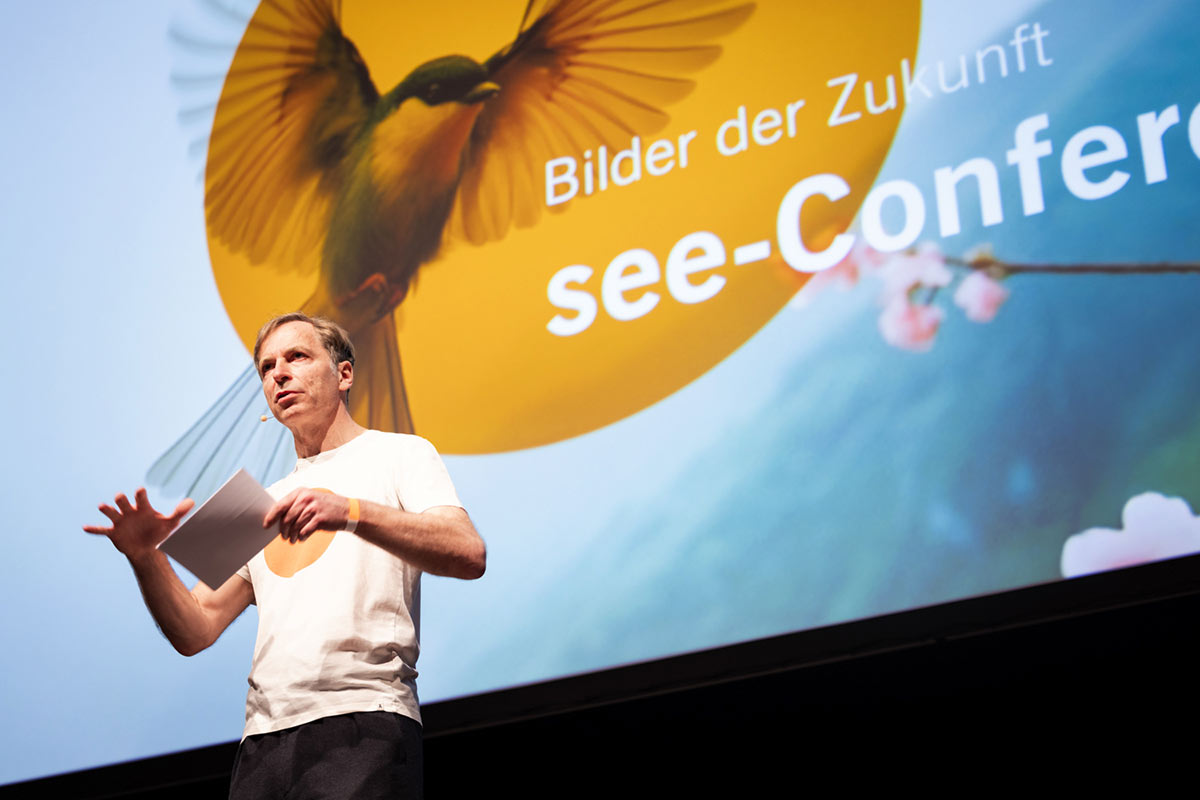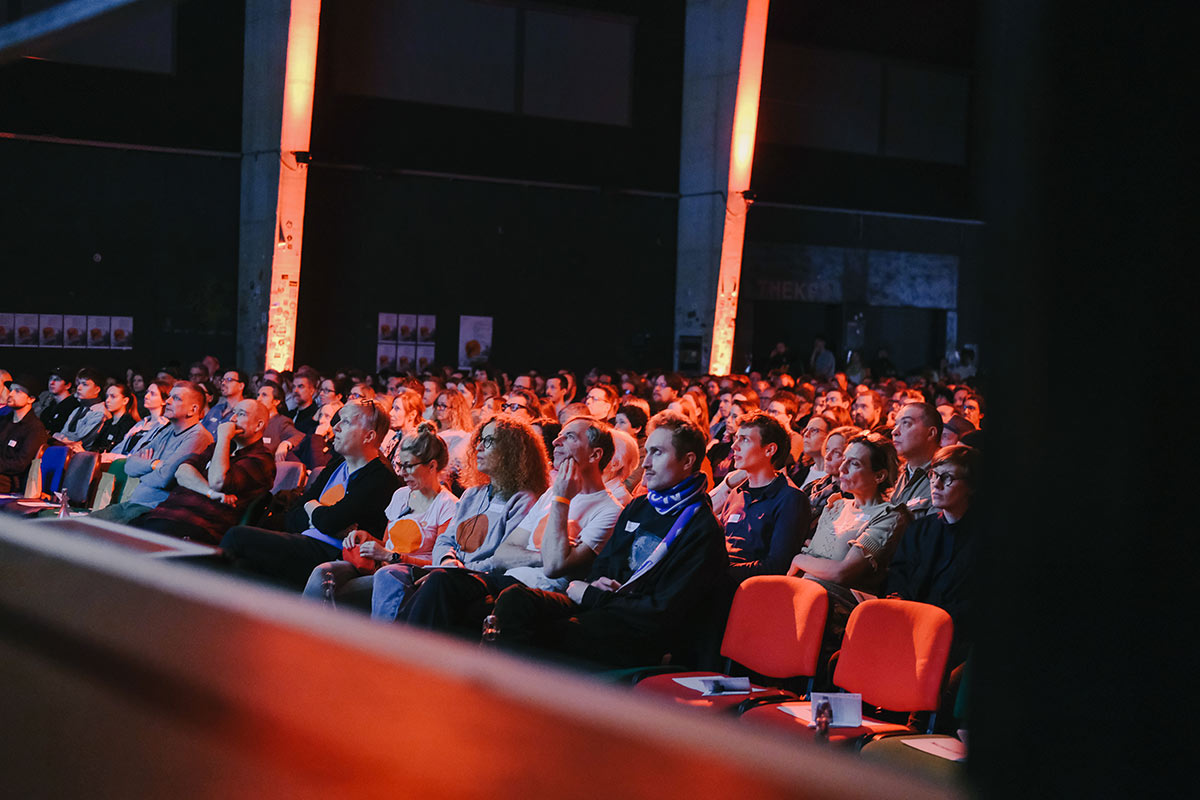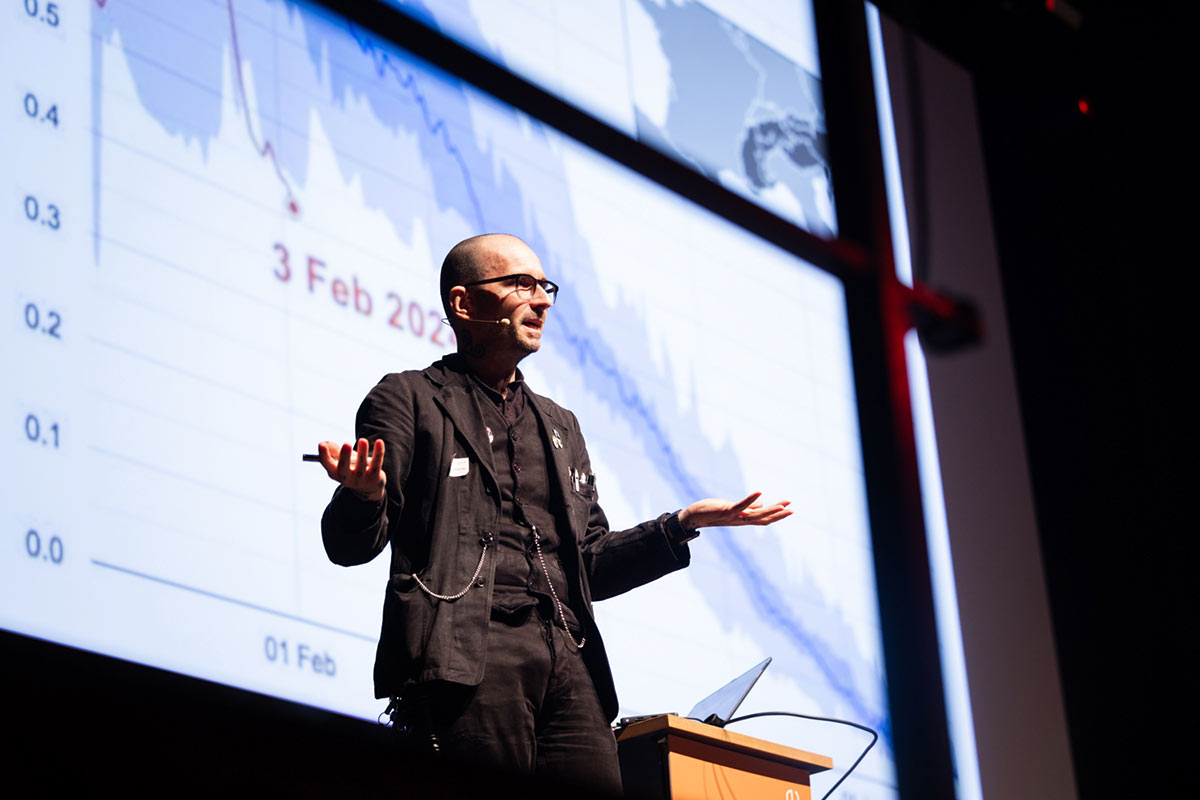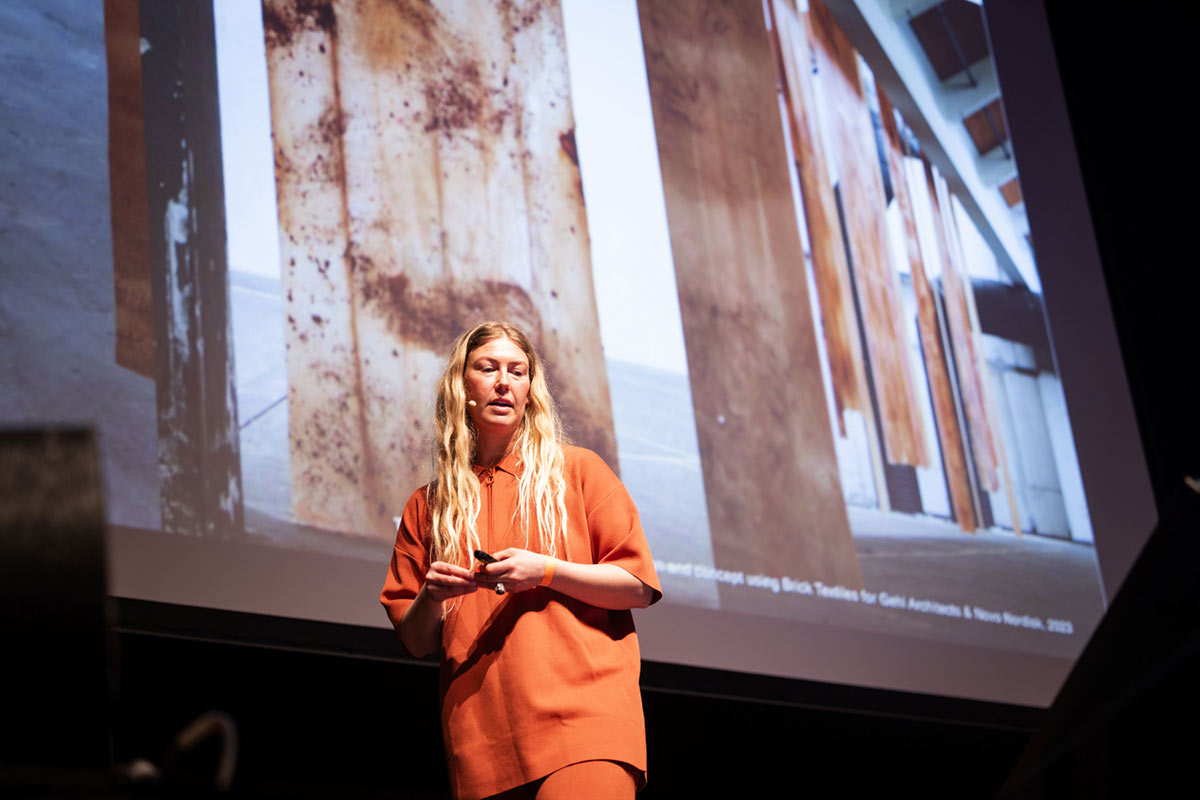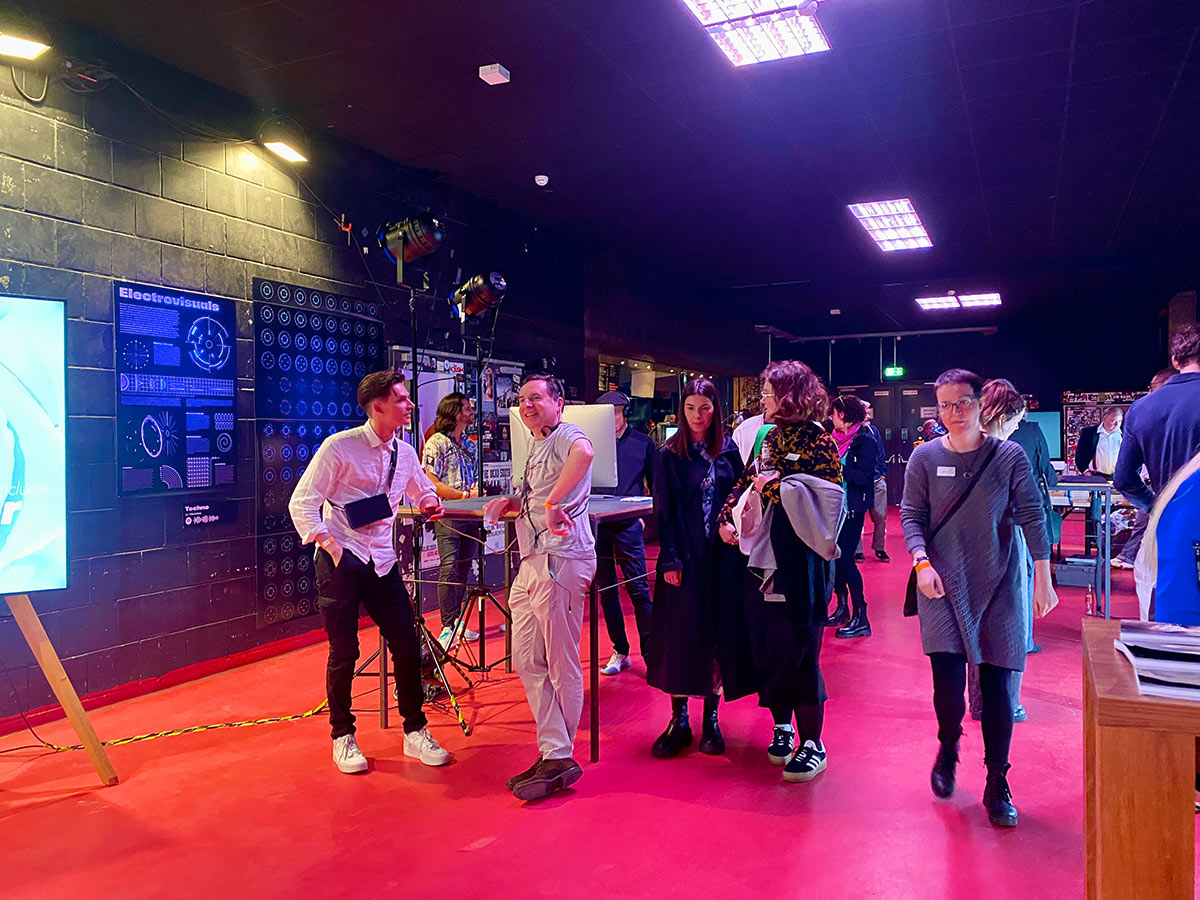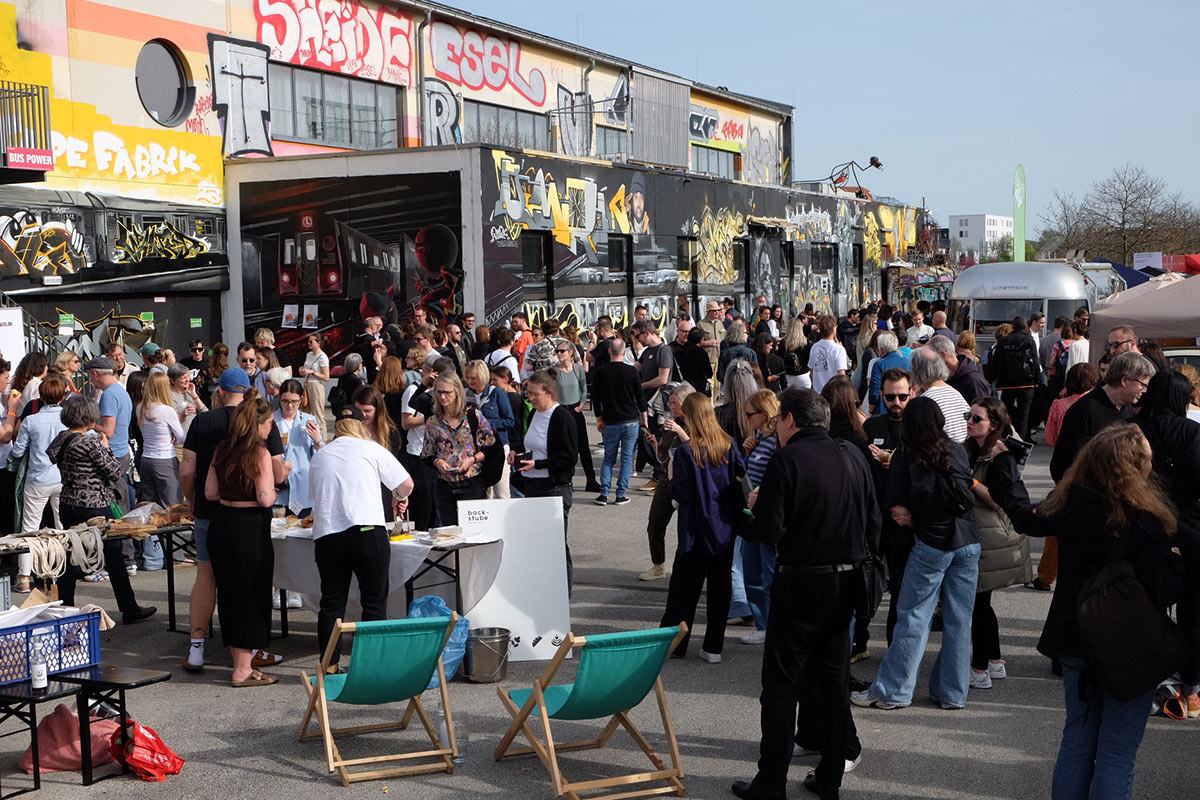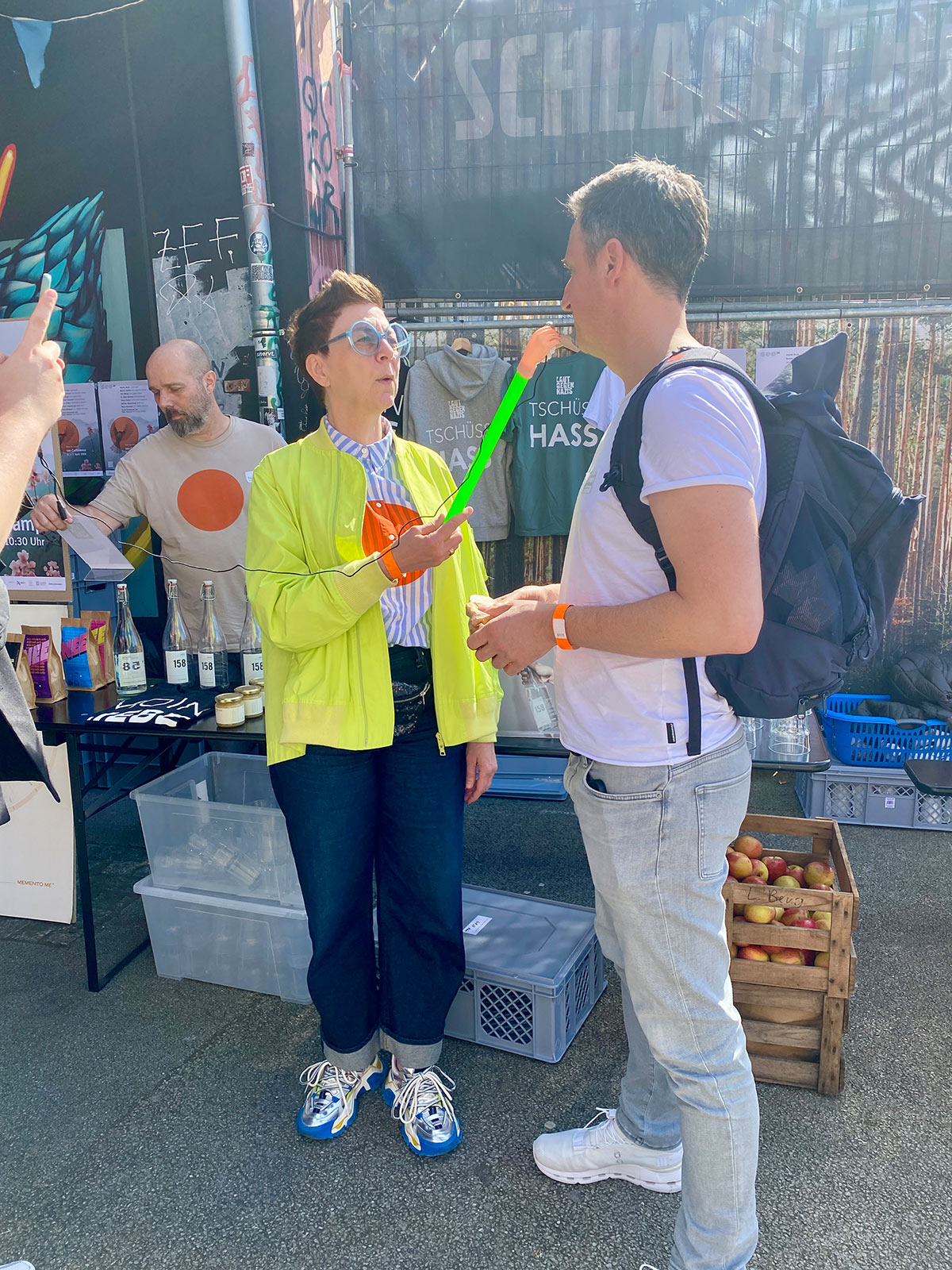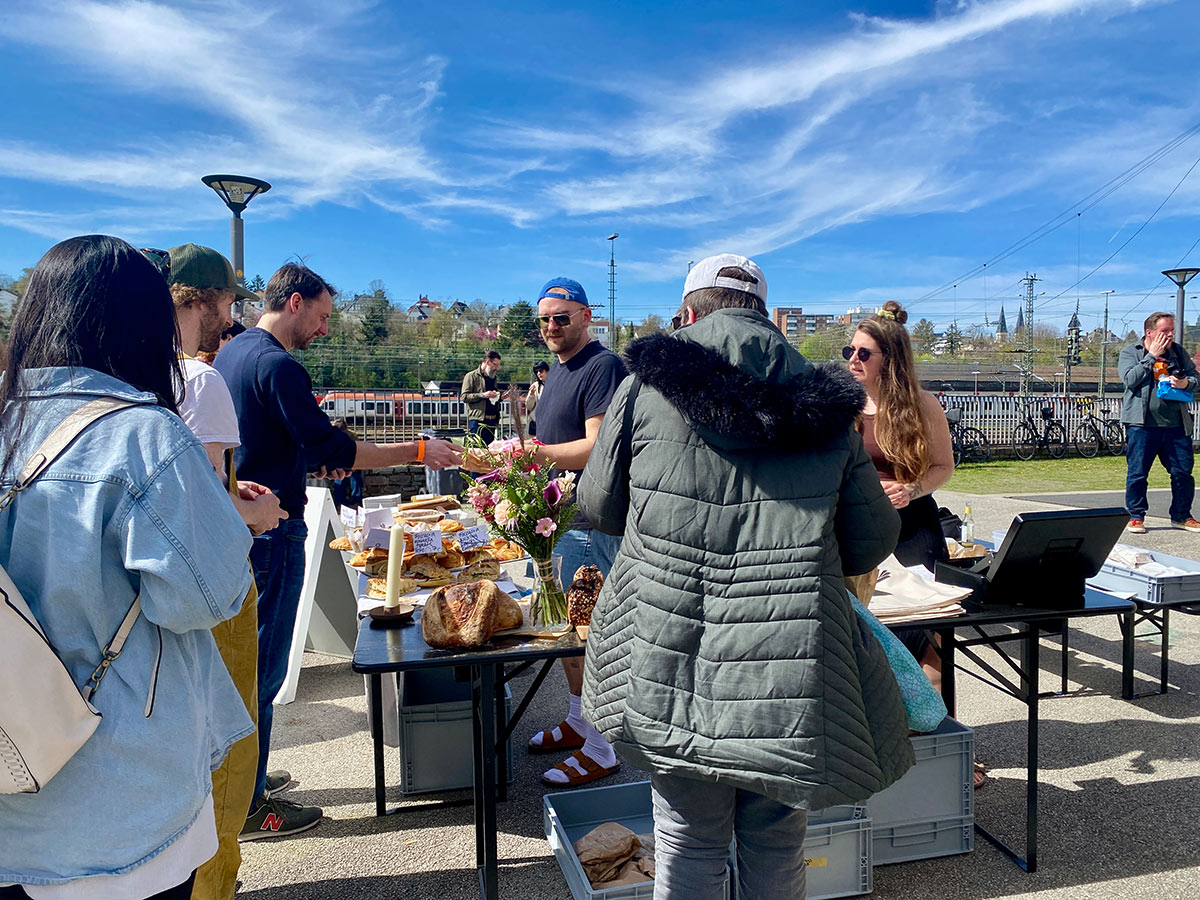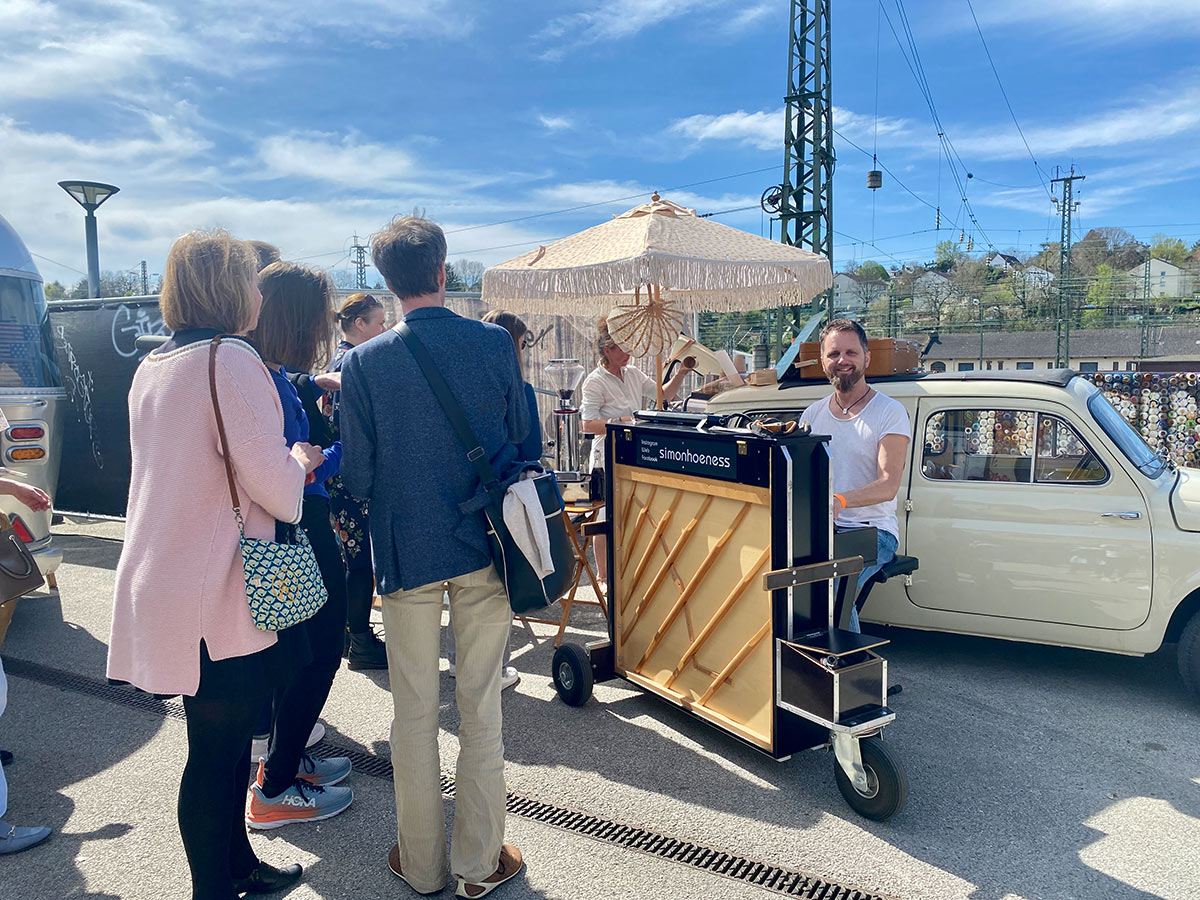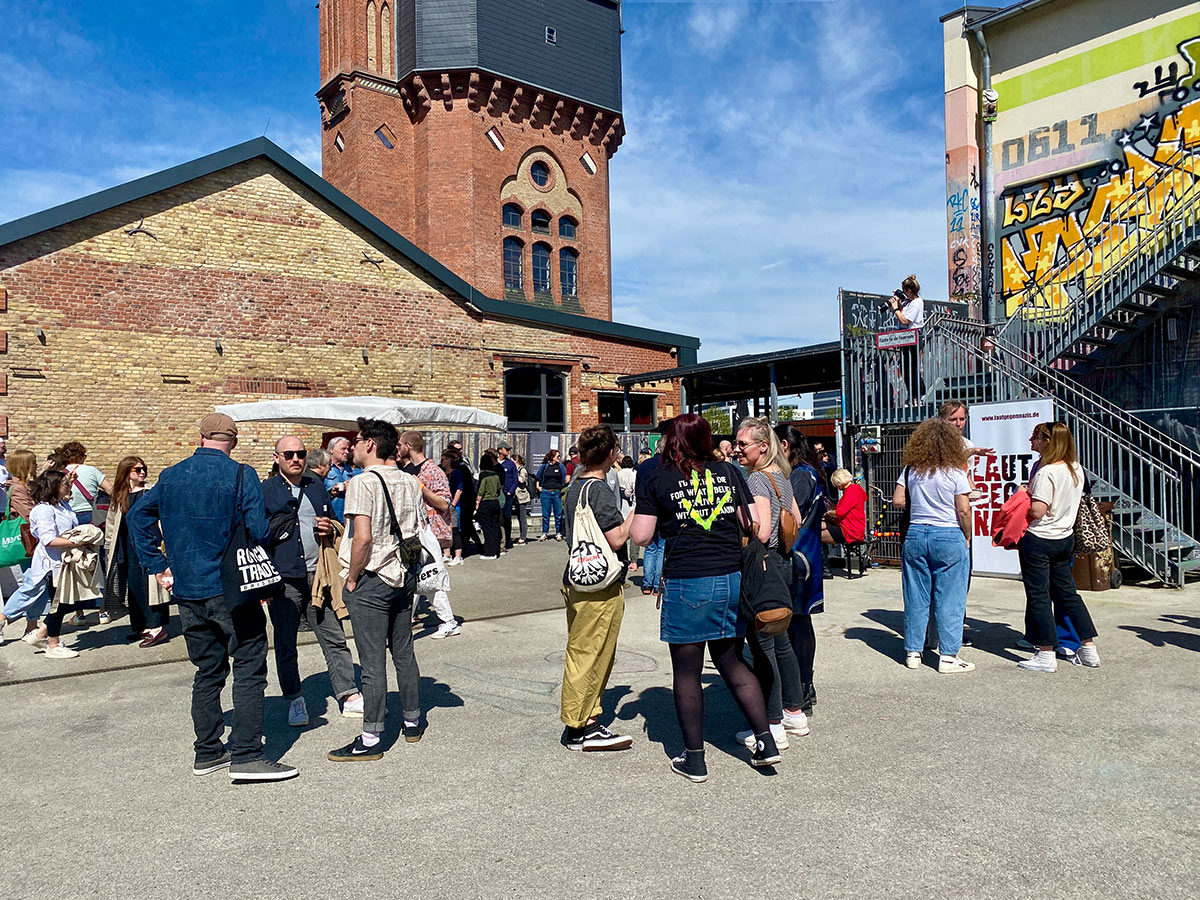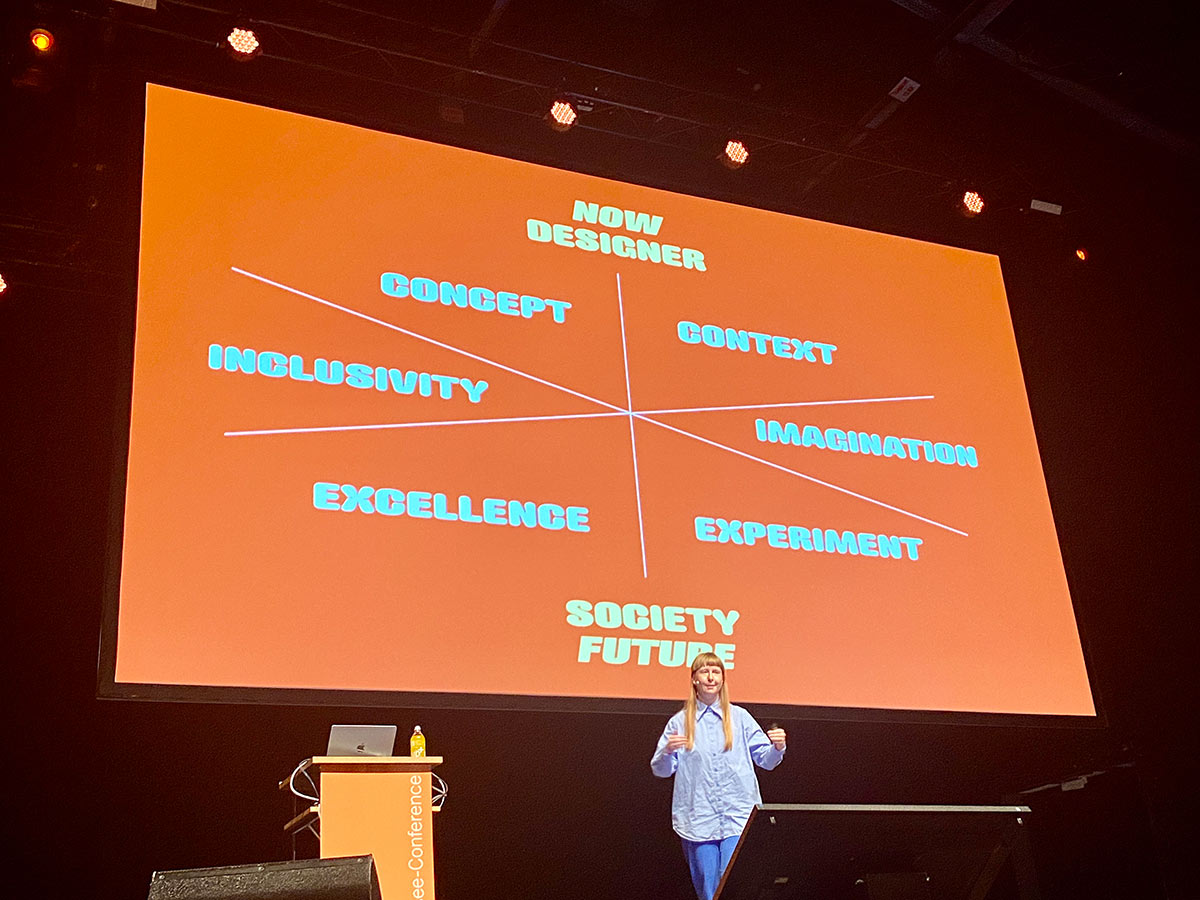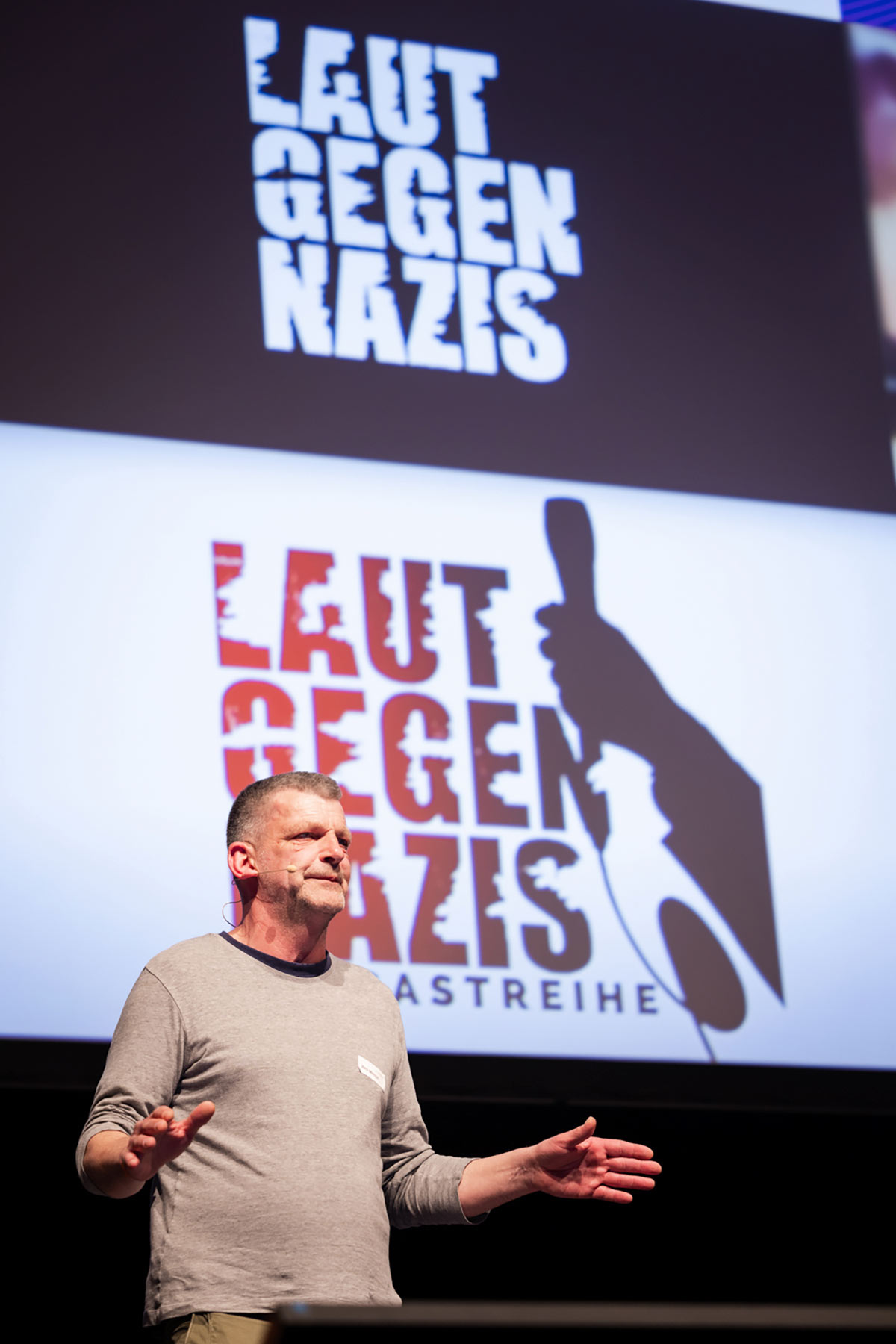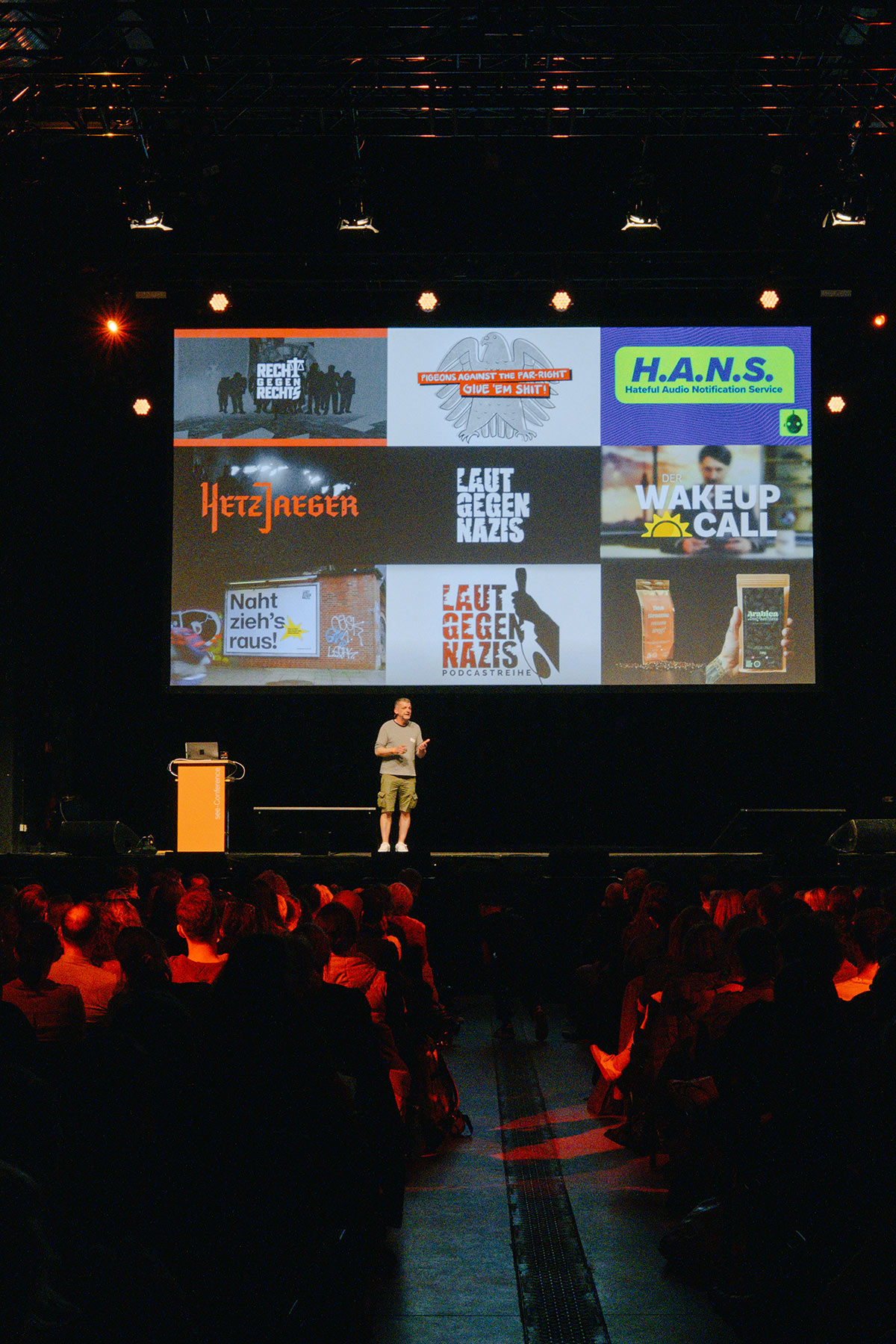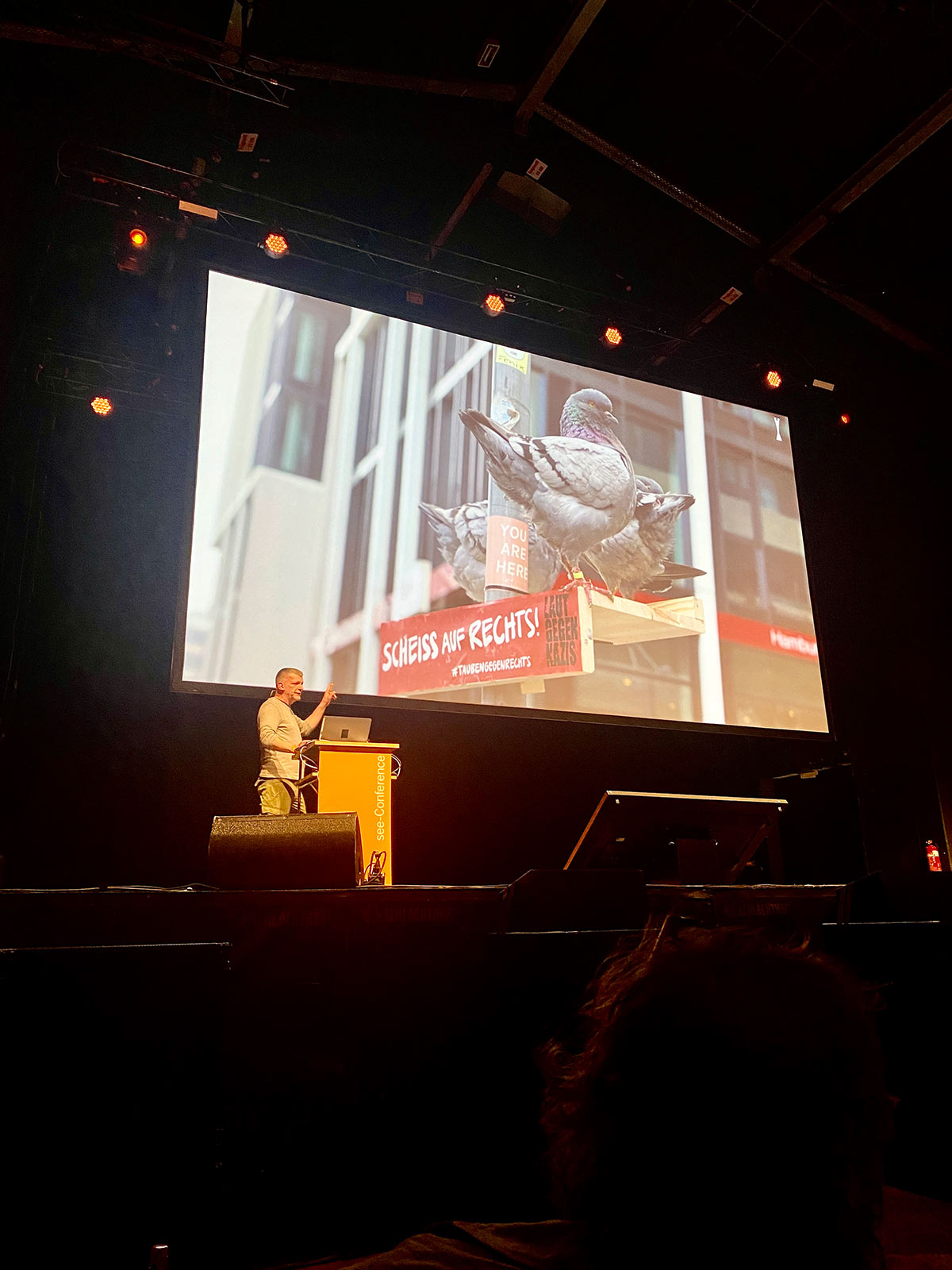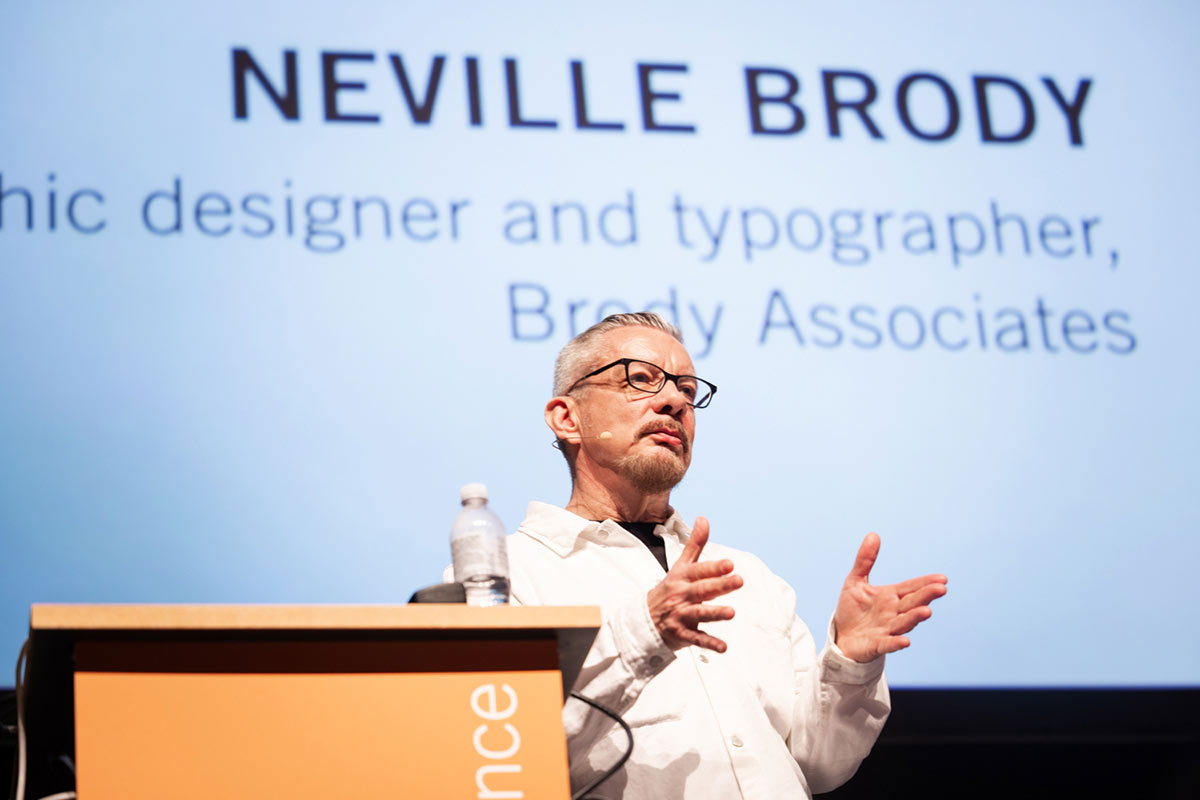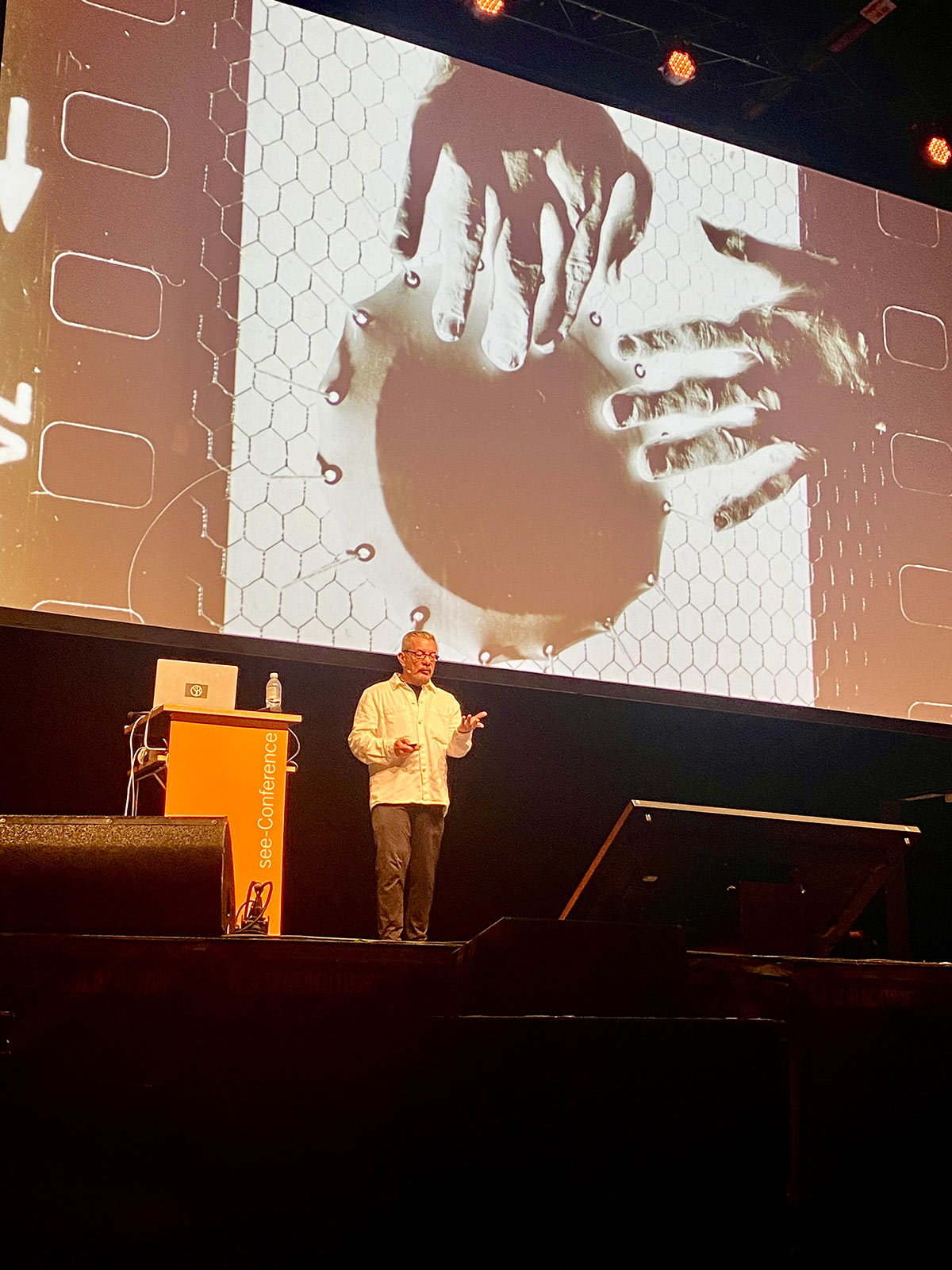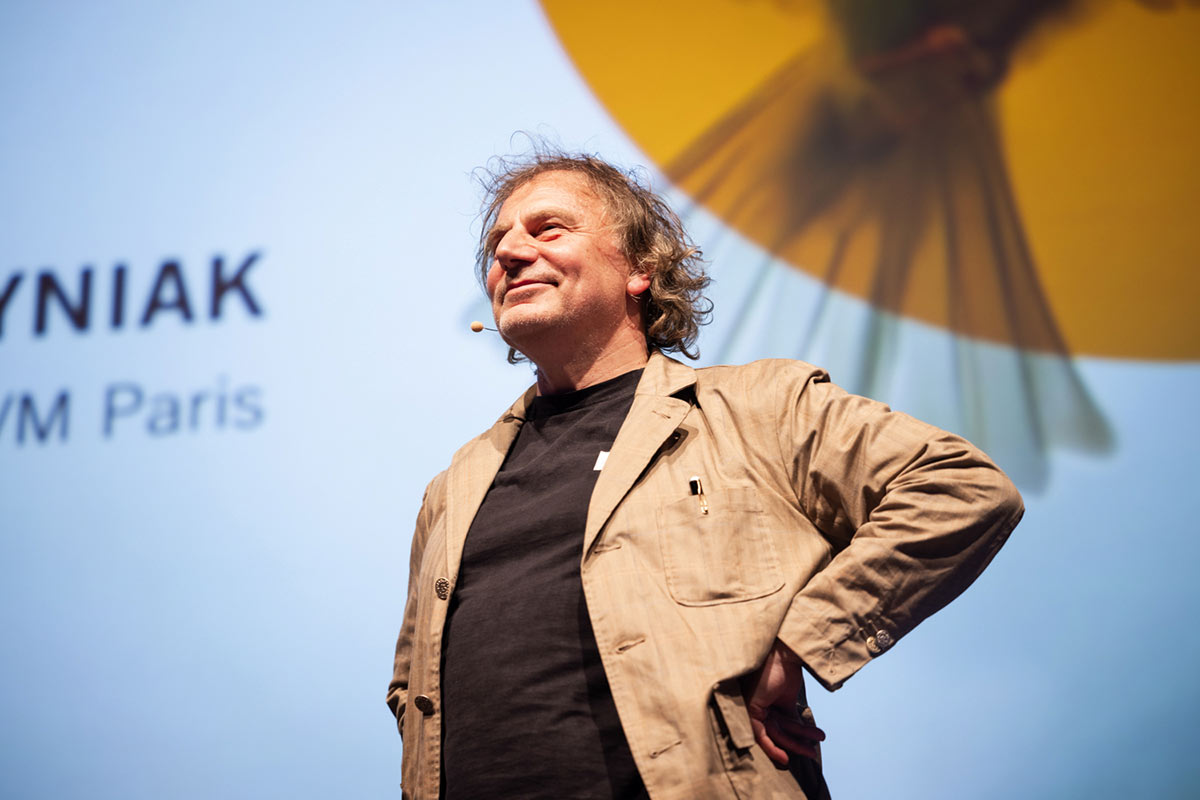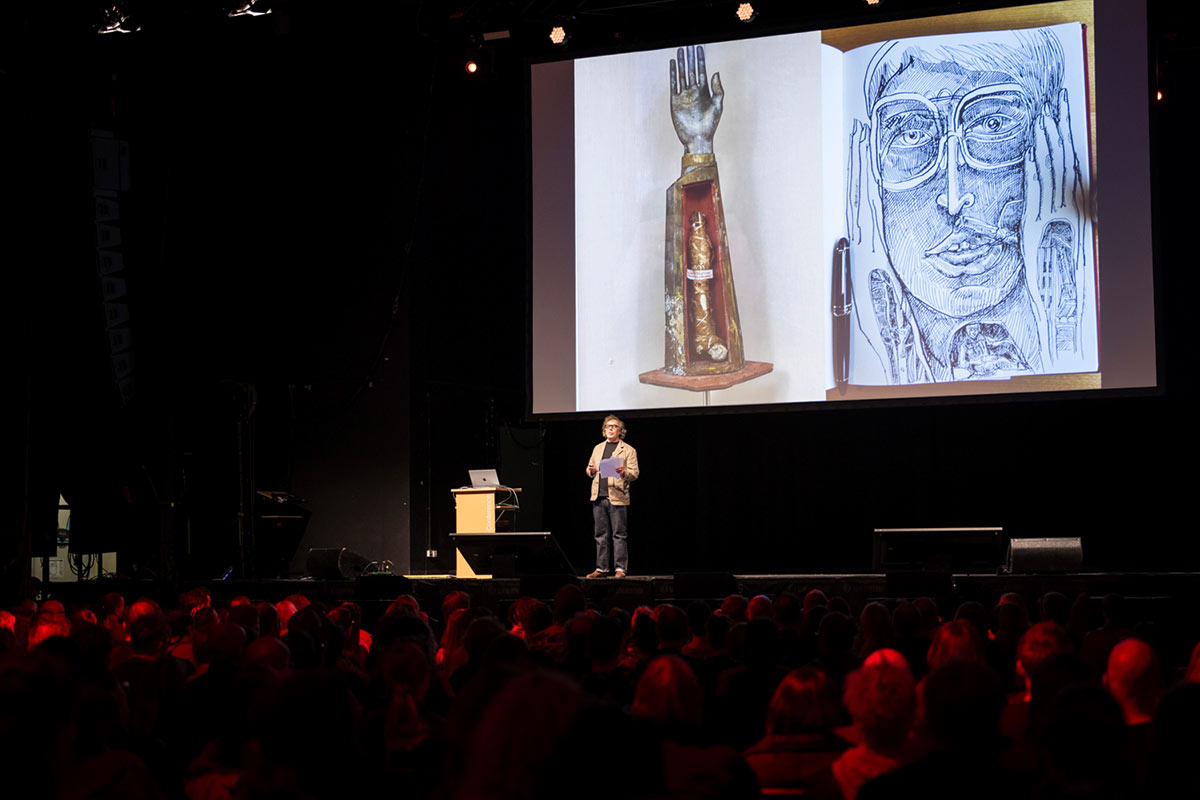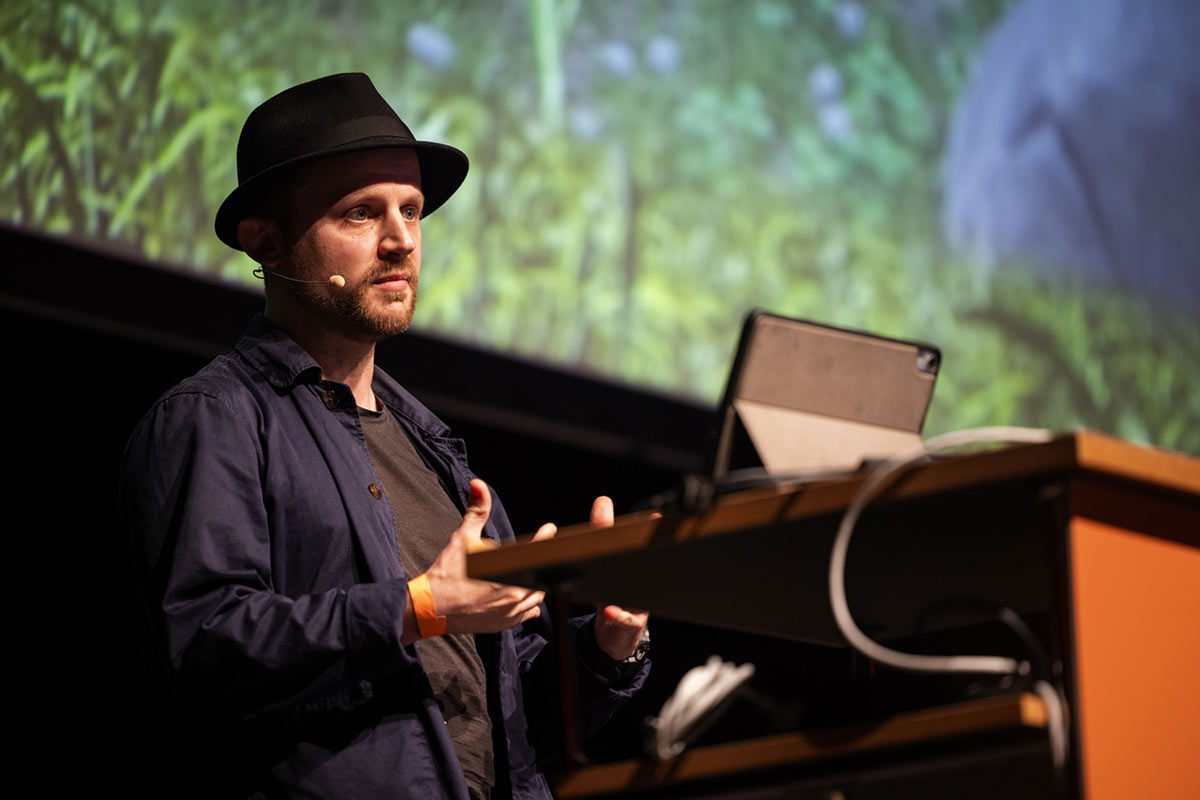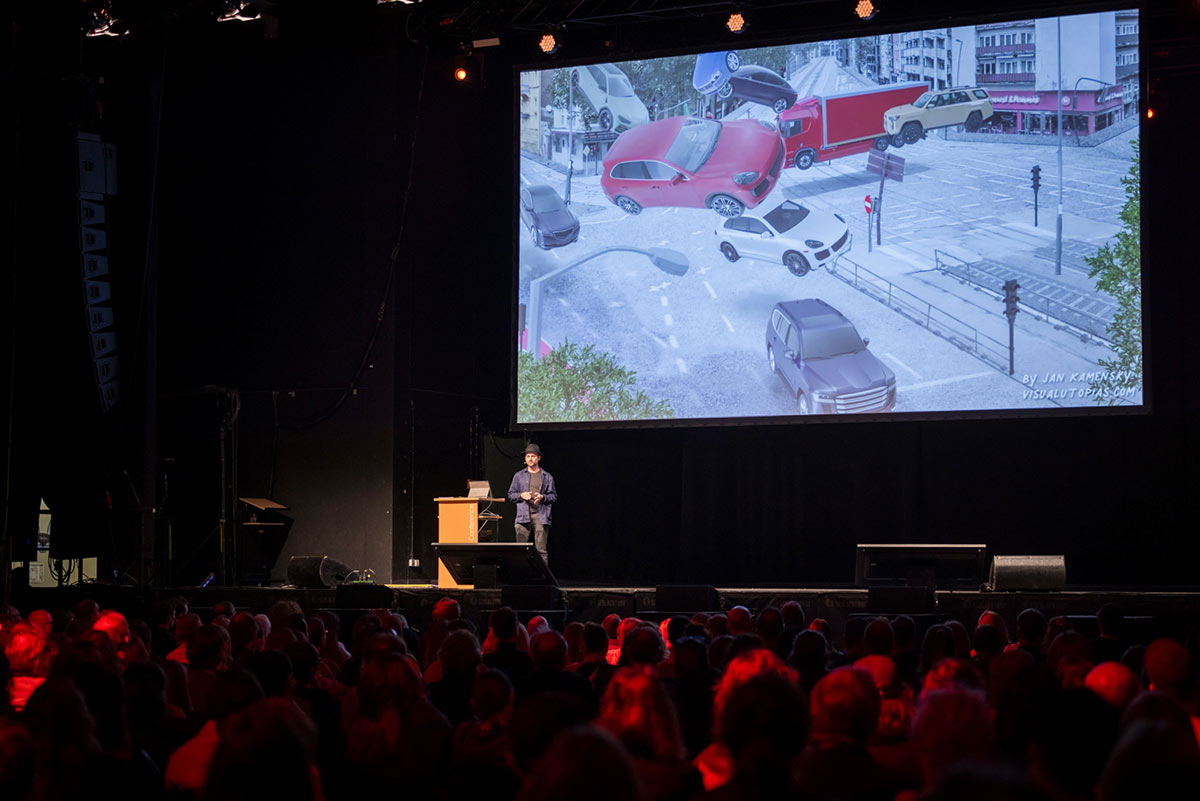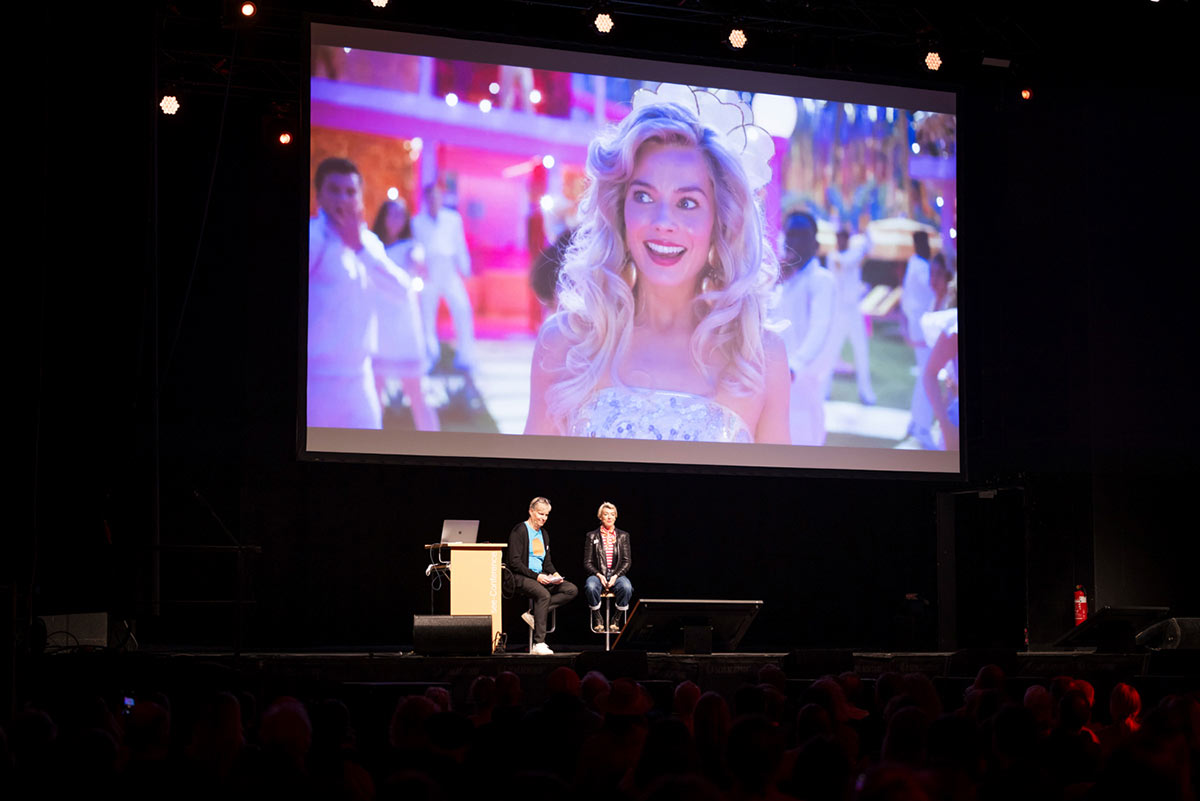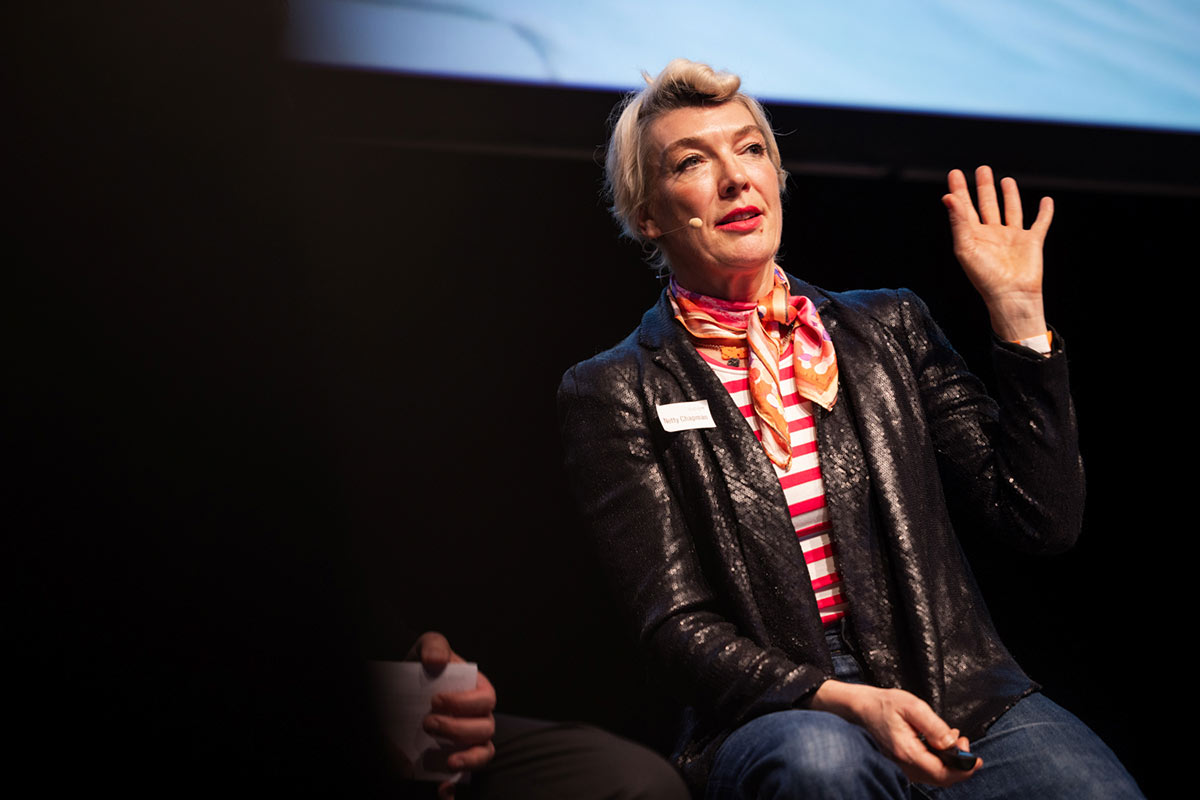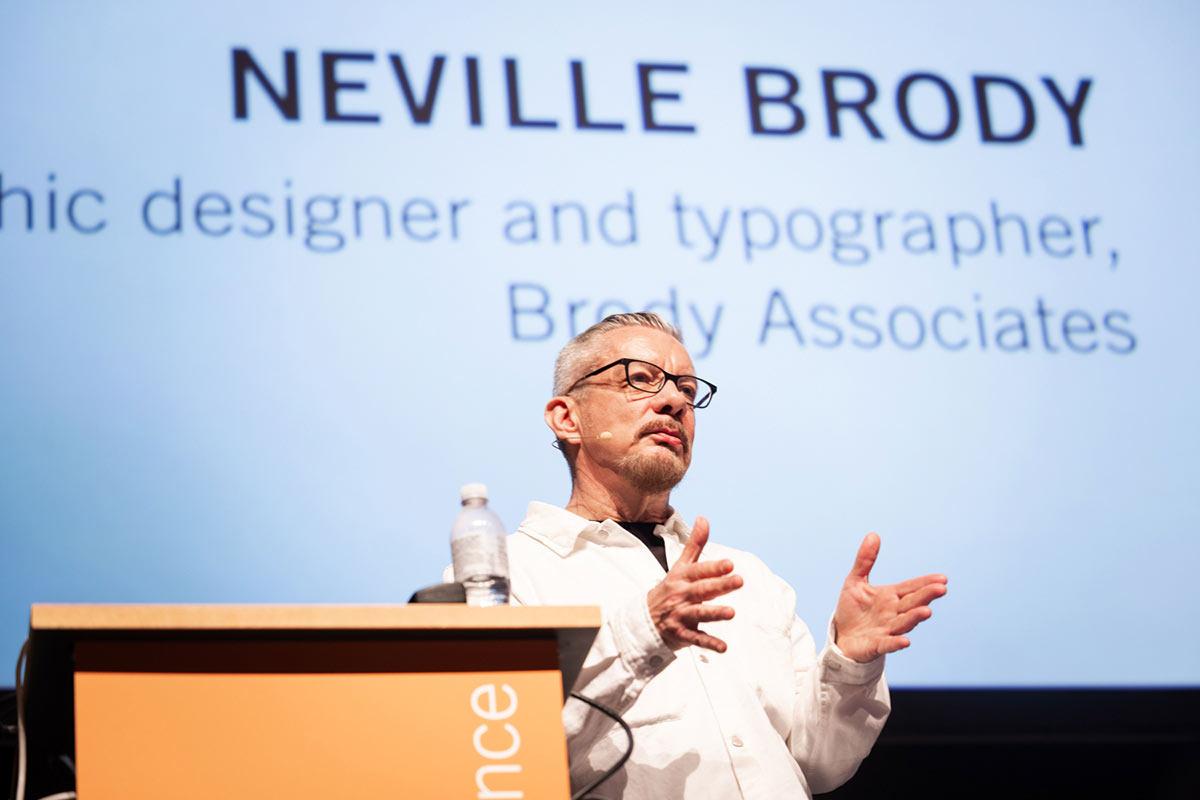Recap see conference #16
The see conference in Wiesbaden unfolded on Saturday, April 6th, drawing over 800 attendees and solidifying its status as one of Germany’s premier design gatherings. Since its inception in 2006, the conference has championed the power of visualization in understanding data and information. This year, it delved deeper into the realm of sustainability, recognizing that effective presentation is key to illuminating societal truths amidst the deluge of information.
Bringing together a diverse array of disciplines, including design, art, architecture, business, journalism, sociology, philosophy, and technology, the see conference serves as a nexus for individuals committed to shaping a better future. Its interdisciplinary curation fosters fresh perspectives that highlight the impact of our actions on future generations, galvanizing attendees to translate insights into action.
Organized by the association Bilder der Zukunft (Images of the Future), the conference not only sparks creative innovation but also emphasizes our responsibility to society. It is a platform where pressing issues are dissected, and solutions are explored through the lens of design.
Among the notable speakers was Jörn Menge, whose initiatives such as Laut gegen Nazis (Loud against Nazis) underscored the conference’s commitment to social activism. Mark Benecke’s impassioned plea regarding the climate crisis resonated deeply, urging attendees to take concrete steps toward sustainability.
Bonnie Hvillum and M/M Paris offered compelling insights into material innovation and the complexities of human expression, respectively. Tereza Ruller’s exploration of performative design challenged conventional norms, while Neville Brody provoked introspection on the role of design in shaping perceptions and promoting democracy.
Neville Brody, a luminary and trailblazer in graphic design, captivated attendees with his talk address. Reflecting on the conference theme, Brody posed a poignant question: “Are we contributing to the fairness in democracy or not?” He emphasized the profound influence of design in shaping public perception and underscored the responsibility of designers to uphold ethical standards. Brody urged for more experimentation and innovation in design to address societal challenges, lamenting the cultural loss that comes with complacency. His insights resonated deeply, challenging attendees to consider their role in promoting equity and democracy through their work.
The see conference, in partnership with the World Design Capital Frankfurt 2026 initiative, represents a holistic approach to design, recognizing its profound implications for democracy and societal progress. As the call for participation for the next conference in 2026 opens, attendees are encouraged to reflect on the transformative power of design and their role in shaping a brighter future.
Looking forward to the next conference in 2025!
